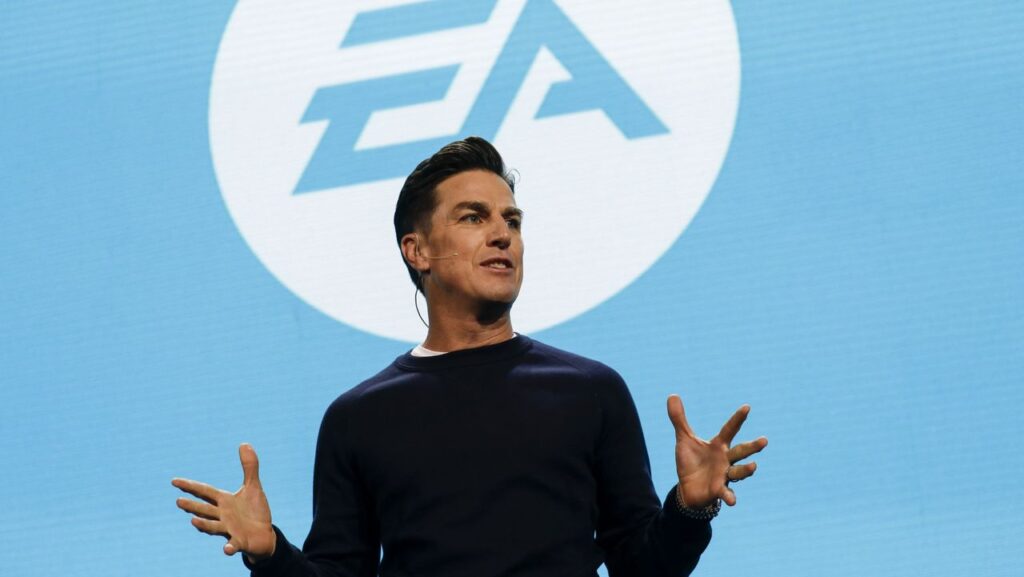Electronic Arts (EA) has signed a deal with Stability AI, the company behind the Stable Diffusion generative AI image maker, to co-develop transformative AI models, tools, and workflows that empower EA’s artists, designers, and developers to reimagine how content is built.
“For more than 40 years, EA has led through technological shifts across interactive entertainment, redefining what is possible for our global community of players,” the announcement states. “At the core of that progress is the belief that technology powers creativity — amplifying imagination, accelerating expression, and enabling our teams to deliver bold, new experiences that inspire the world to play.”
Machine learning and artificial intelligence (AI) have long been cornerstones of innovation at EA, powering everything from intelligent gameplay and real-time animation to physics simulation, pathfinding solutions, and more efficient development pipelines. There’s no arguing that point. The technology used to build games today has evolved significantly since EA first put the words “we are an association of electronic artists” to paper. The general concept of AI has been around at least since the first non-player character (NPC) appeared.
However, contemporary generative AI is something vastly different. Many see it not just as a tool, but as a potential substitute for human creativity — which is likely why EA emphasizes the human element so strongly in its announcement.
“With humans at the center of storytelling, we’re evolving how we work so that AI becomes a trusted ally: supporting faster iteration, expanding creative possibilities, accelerating workflows, and allowing more time to focus on what matters most — building world-class games and experiences that entertain massive online communities,” the company says. “It can draft, generate, and analyze, but it can’t imagine, empathize, or dream. That’s the work of EA’s extraordinary artists, designers, developers, storytellers, and innovators.”
Kallol Mitra, EA’s Vice President of Creative Innovation, highlighted how the company is “amplifying” the creativity of its developers by “giving artists, designers, and developers the power to dream bigger and build more.” Meanwhile, EA Sports’ technical art head Steve Kestell stated that AI “will allow creativity to get directly from people’s minds and into our experiences.”
“Partnerships like this are how we evolve the craft of game-making and give our teams the tools to tell deeper, more meaningful stories,” added Rick Stringfellow, Head of Visual Content for EA Entertainment.
One of the first results from this collaboration will be the development of “artist-driven workflows” designed to speed up the creation of in-game assets. The partnership will also explore AI systems capable of pre-visualizing entire 3D environments from a series of intentional prompts, allowing artists to creatively direct the generation of game content.
This emphasis on the importance of the human element in an increasingly AI-driven environment comes amid concerns following EA’s recent acquisition by Saudi Arabia’s Public Investment Fund (PIF) and some private equity firms. The leveraged buyout puts $20 billion in debt on EA’s books.
Covering this debt is expected to require significant cost-cutting measures. While EA may use AI tools to manage projects more efficiently, there is speculation that a serious uptick in generative AI usage could lead to substantial payroll reductions.
For a detailed breakdown of the legality and implications of the acquisition, PC Gamer’s Lincoln Carpenter offers extensive insights. But the key point remains: EA is looking to AI not only to enhance creativity but also possibly to streamline operations amid financial pressures, marking a pivotal moment for the company and the future of game development.
https://www.pcgamer.com/software/ai/electronic-arts-signs-a-deal-with-stability-ai-were-evolving-how-we-work-so-that-ai-becomes-a-trusted-ally/

